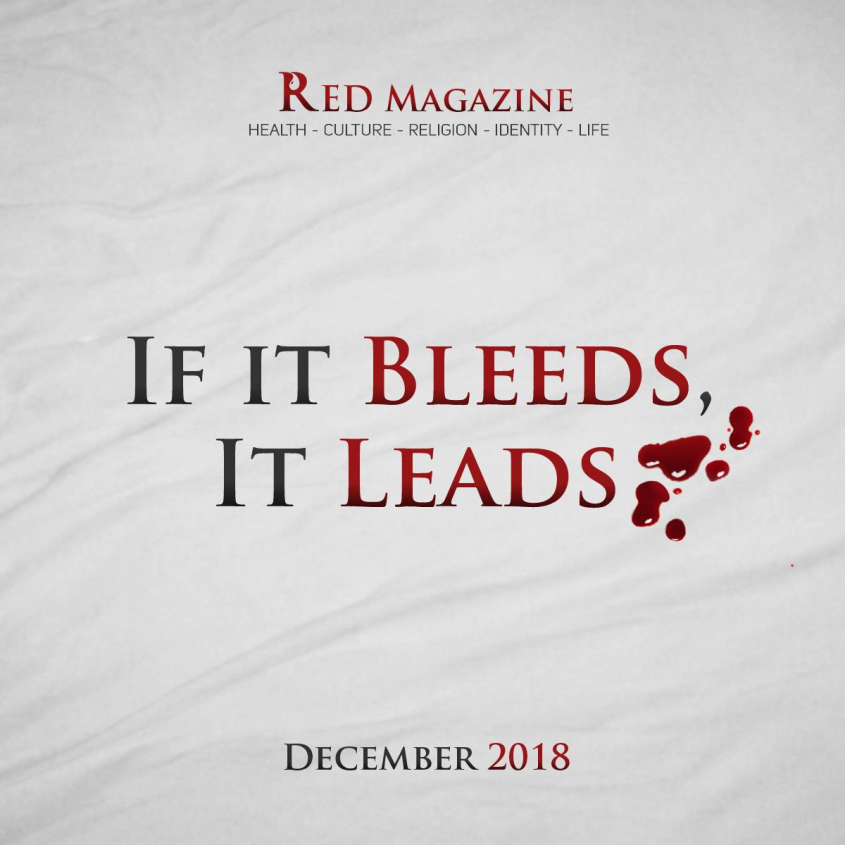It has been almost a year since Bobby Hristova asked one of his best friends, Jordan Carrette, if he wanted to donate blood with him.
“I can’t,” said Carrette, now in his second year in the masters of engineering program at U of T St. George. “They don’t let you donate if you’re gay.”
Hristova was shocked. But something inside him changed that day — his journalistic instincts kicked into full gear.
“That’s a story,” Hristova told Carrette.
In late October, Hristova, now in his fourth year of the joint journalism program at U of T Scarborough, published a breaking news story about the gay blood ban on CBC.
“This is something I told one of my best friends I was going to do,” Hristova says. “It feels great to know that they shared something personal with me and I was able to do some good with it.”
In 2013, Canadian Blood Services (CBS) lifted a lifetime ban that prevented men who have sex with men from donating blood. These men could only donate if they had not had sex with another man for five years. In 2016, the ban dropped to one year.
Hristova came across information that showed CBS was considering reducing this ban to three months.
“I thought, if this is happening, it’s incredibly underreported, but I didn’t think anyone knew about it,” Hristova says. “I realized I had a big story in my hands.”
He knew he had to verify his facts and rapidly set a timeline into motion.
Racing to break the news
After emailing back and forth all day, Hristova guessed when CBS would reply the next day to confirm or deny the information. He quickly began slating interviews for the moments immediately following their email. Only 20 minutes after his hunch was verified, Hristova had conducted three interviews.
He then went from office to office at Centennial College, asking his teachers what he should do with the scoop. One of his teachers, Brodie Fenlon, a former senior director at CBC, used his connections to help pitch Hristova’s story. Without his teachers, Hristova says, he never could have published the story.
“It’s definitely progressed a lot since there was an indefinite ban,” says Carrette. “Part of me wonders if this is just an arbitrary decision, like why isn’t it two months or four months? But it’s still a step in the right direction.”
Hristova finished his draft at 6 p.m. and got home at around 10 p.m. Shortly after walking in the door, he got a call from CBC. They told him they would send an edited draft by the next day.

One sleepless night later, Hristova worked back and forth with CBC through the first edit of the story. Two weeks and three drafts later, CBC published it.
“The article, I found, was really great, because even I was learning things from it,” Carrette says. “It really showcased the issue and hopefully that can get some more traction now.”
But behind the national headline was a long journey. Hristova continued to pursue the story at Centennial College, with the blood ban firmly planted in the back of his mind. He spent the months leading to the story gradually building a network of sources in the LGBTQ community as he wrote other articles.
Months ago, he pitched covering the blood ban to his classmates for an investigative journalism assignment. No one was interested.
“Part of me was disappointed but part of me realized they just might not understand the issue and the gravity of it,” he says. “It empowered me, I think it was my instinct saying, ‘Keep going.’”
“I knew even if no one else wanted to do it, I needed to cover it for myself.”
Hristova is now in a group of students creating a news platform about blood, called RED Magazine. The magazine focuses on the many avenues of blood, across areas including health, culture, religion and identity. So far, they have written about Jehovah’s Witnesses and blood transfusions, blood magic, forensics, and members of the LGBTQ community with hemophilia.
A blood drive will be hosted at U of T Scarborough on Nov. 16. Schedule an appointment to donate.
